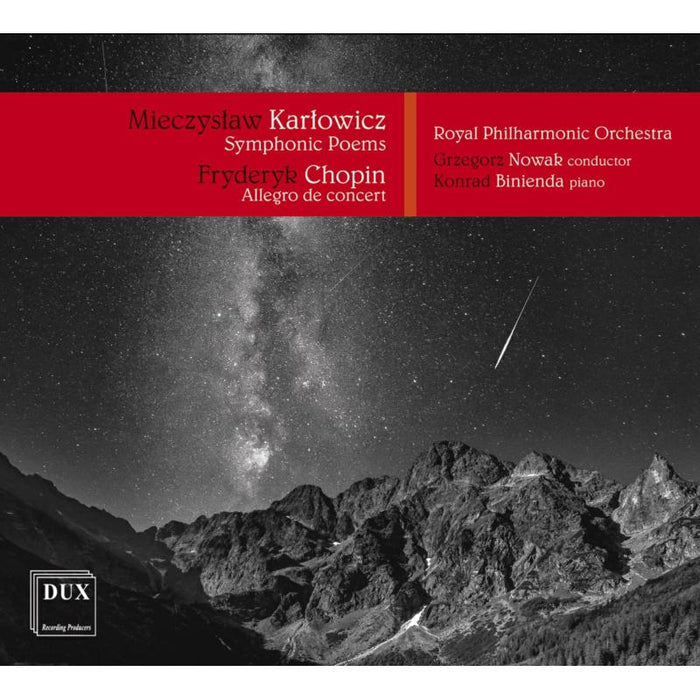Description
Ignacy Jan Paderewski based his Symphony in B minor, Op. 24 (‚018Polonia"019) on his own experiences linked with the fortunes of Poland following the January Uprising of 1863.
Paderewski devoted his entire life to the service of Poland and its struggle for independence. And although the Symphony in B minor does not employ any quotations of significance for developing the form, a Polish idiom is all- pervading.
With its harmonies, textures and expansive form, this elaborate work derives from the 'spirit of Wagner'.
This work was first performed in Boston, on 12 February 1909, by the Boston Symphony Orchestra and Max Fiedler, then in London (cond. Hans Richter) and Paris (cond. Andre Messager). In 1910, it was heard in Poland: in Lwów
(now Lviv; cond. Henryk Opieƒski), during a Congress of Polish Musicians held to mark the centenary of Chopin's birth. A year later, it was presented in Warsaw.










